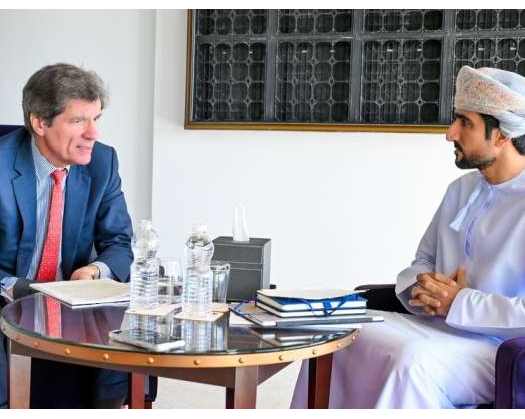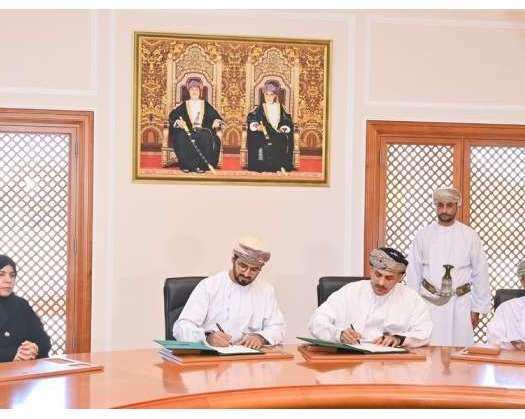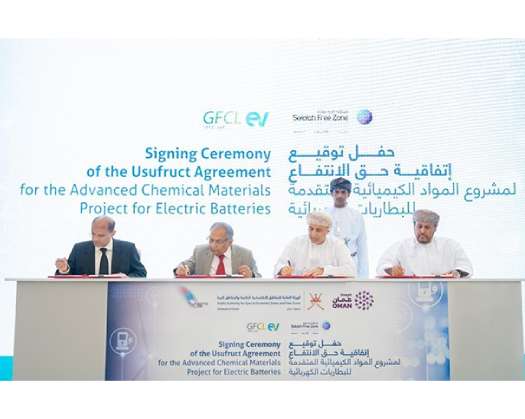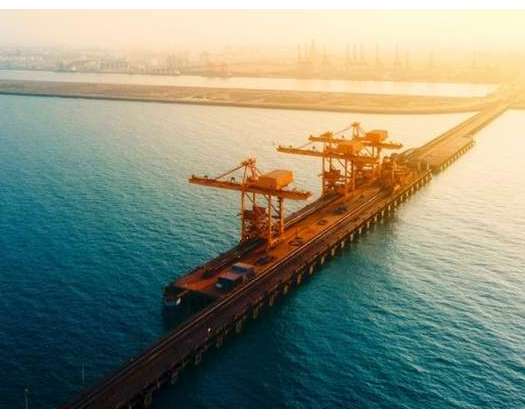The trade exchange between the Sultanate of Oman and the United States has seen a significant increase of 30% over the last three years, surpassing $3 billion. Additionally, Omani exports to the United States have doubled since 2009.
Currently, a delegation from the United States, headed by Jose W. Fernandez, Under Secretary of State for Economic Growth, Energy, and the Environment, is visiting Oman. The purpose of this visit is to explore opportunities for enhancing cooperation in various sectors, including trade, economic development, and investment.
The delegation aims to establish partnerships with Omani counterparts in areas such as energy, technology, logistics, and other sectors that can strengthen economic ties and increase trade volume between the two nations.
This group includes officials from the Michigan government, representatives from the private sector, and members of organizations such as the American-Arab Chamber of Commerce and the Michigan League of Municipalities Foundation. They also consist of officials from Michigan's city, county, and state governments, along with representatives from local businesses.
On Monday, the delegation took part in a ceremony commemorating the 15th anniversary of the Free Trade Agreement (FTA) that was signed between Oman and the United States in 2009.
Jose W. Fernandez, the United States Under Secretary of State for Economic Growth, Energy, and the Environment, stated that the Free Trade Agreement (FTA) has played a crucial role in strengthening trade and investment ties between the two nations.
In an interview with the Oman News Agency (ONA), he highlighted that the robust trade relations have been accompanied by a rise in investment, with the United States ranking as the second largest investor in Oman.
The US official emphasized that the FTA provides significant benefits to both Omani businesses and their American counterparts, including improved market access and the removal of customs duties.
He mentioned that the United States gains from this agreement particularly in the energy and services sectors, while Oman benefits from exports in textiles and petrochemicals. He underscored the importance of both nations seeking additional opportunities to further enhance their longstanding partnership.
Fernandez noted that the energy sector has reaped the most advantages from the free trade agreement, followed by technology, services, and machinery sectors.
Additionally, he discussed the Omani-US strategic dialogue, which has outlined strategies to bolster cooperation in three key areas: trade and investment, clean energy, and education, culture, and science.
He emphasized that his nation is looking to identify opportunities for promoting green hydrogen production in the United States, alongside fostering collaboration in digital trade, the digital economy, and strengthening ties between small and medium enterprises.
He further noted that the upcoming phase necessitates enhancing the partnership between the Sultanate of Oman and the United States in areas such as renewable energy, the digital economy, green hydrogen, and logistics services. In this regard, he highlighted the established connection between Duqm Port and the Port of South Louisiana.
He encouraged American companies to consider investing in Oman, citing its favorable business environment.
The US official reiterated the commitment of both countries to fully leverage the benefits provided by the Free Trade Agreement.












